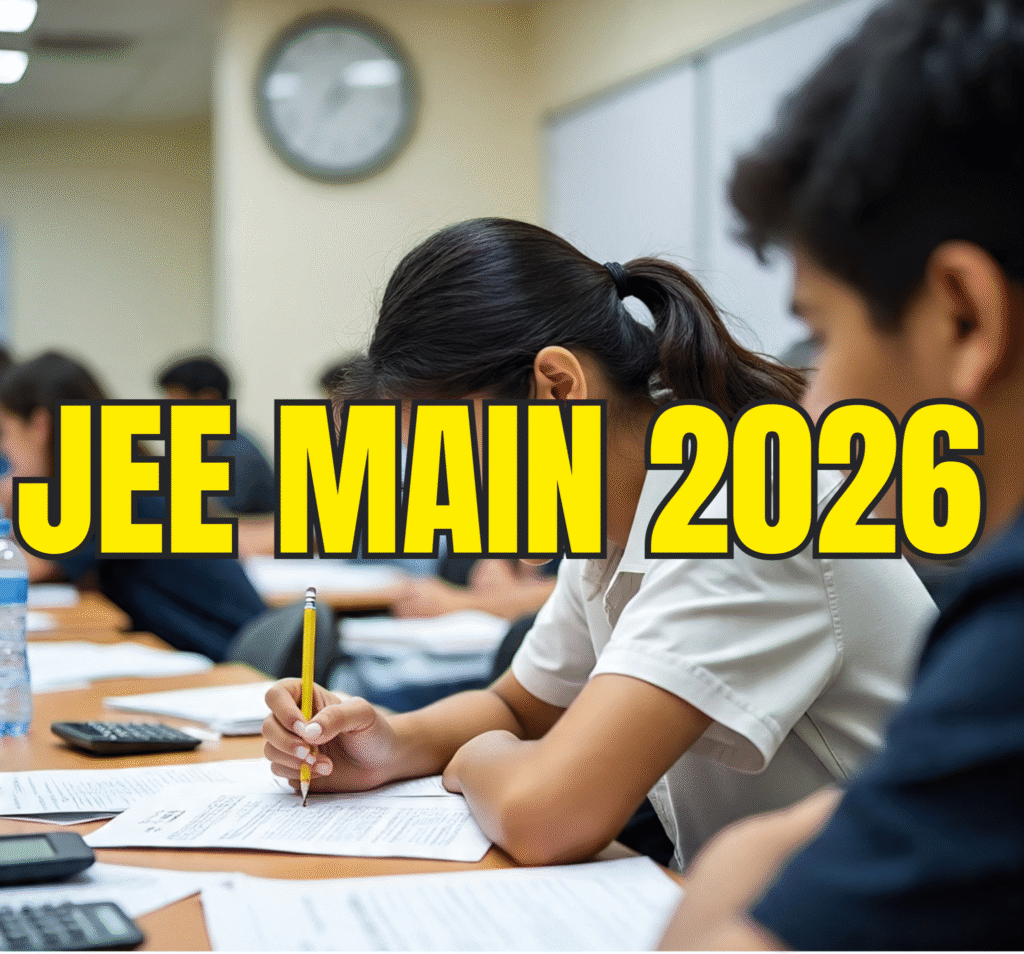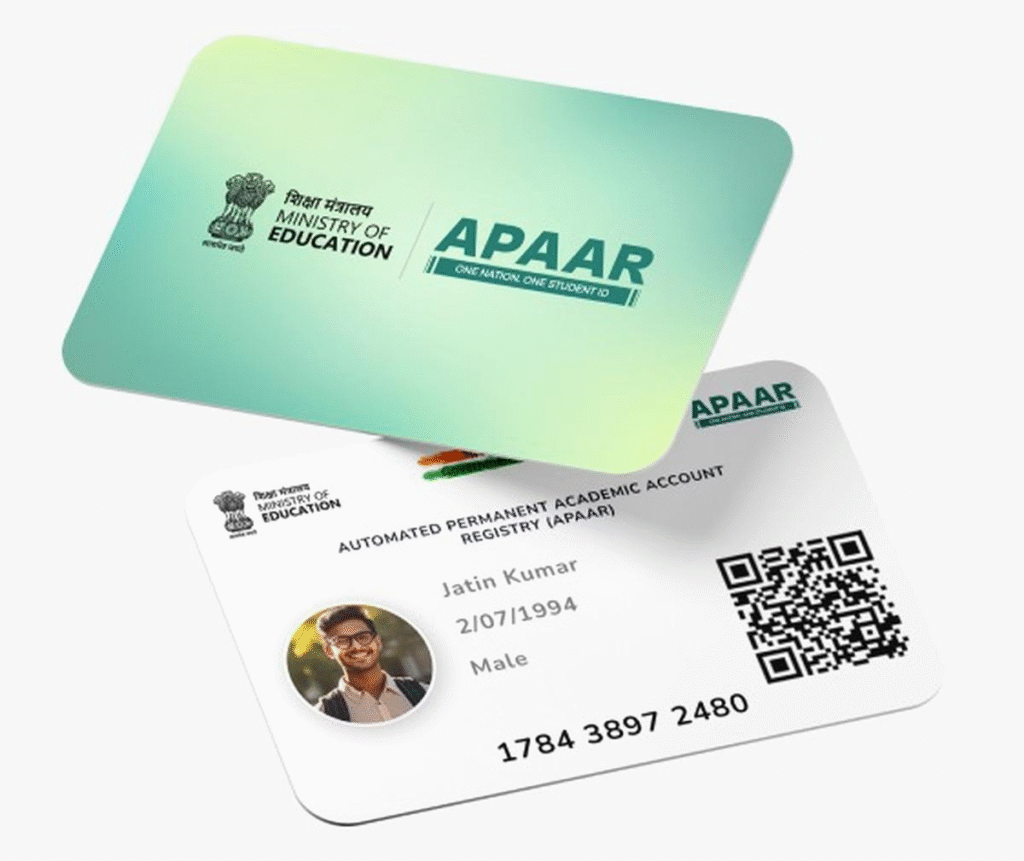Skill Development and Contextual Learning
Reskilling and Upskilling are the words of the day. The World Economic Forum put forward the ‘Reskilling Revolution’ in 2021 to benefit more than 350 million students worldwide. India with a vast population of young children is in dire need of a skill-based learning system. The benefits of such a learning methodology are vast. By fuelling the spirit of entrepreneurship, children can learn practical use cases and earn hands-on experience. The dearth of talent with real-world experience is a dire issue for industries worldwide. Indian children can learn to succeed in the job market by reskilling and upskilling themselves in school.
Contextual learning can help create an idea of niche subject knowledge for students. By providing career-specific subjects as and per the student’s preferences and thus providing a personalised approach, schools can enable students to get educated in niche subject matter that helps them in the future. We can expect courses such as ‘entrepreneurial leadership’, and ‘sustainability practices’ to be taught in schools in 2024. In addition, schools could offer career guidance and career counselling in their curriculum. This will enable students to get a grasp on important topics that will aid their future.
Sustainability
There will be an increased focus on green education in India. The whole sustainability and green-initiative issue has blown up these past few years but India is still lagging in terms of providing green education. What is green education? Simply put, it is moving beyond the textbooks and the classrooms and encouraging students to do things that help the environment.
This could be encouraging students to start a ‘Be-Clean’ initiative and take to the roads to promote cleanliness or it could be as simple as planting trees in the city and rural areas. Green Education is an environmental extra-curricular activity that aims to foster the knowledge of sustainability practices in young children.
Courses on climate change and renewable energy will grow as companies prioritize sustainability. India’s education system will foster socially conscious graduates to meet this demand.
The Rise of Ed-Tech Platforms
Have you ever imagined a scenario where a school teacher showcases a famous historic monument through Google Earth to offer close-up views of the Eiffel Tower or the Qutub Minar? Or what if a teacher uses a 3D printer to whip up a science project for their students? This is the rise of the ed-tech platform in Indian schools.
Currently, some ed-tech platforms help teachers by providing lessons, assessments and classroom material. Helping the teachers transmit their teachings via the help of the digital platform is the benefit of using ed-tech platforms.
This allows teachers to teach in a flexible mode( teachers can opt for online teaching ), extra material to study ( Ed-Tech platforms will provide extra study material for students ), and enhanced infrastructure ( Students are provided with technological infrastructure ).
As per IBEF, the Indian ed-tech industry was valued at $750 million in 2020 and is projected to be valued at $4 billion by 2025 by growing at a CAGR of 39.77%.
Mental Health Awareness
How mindful is a student? With rising exam stress and mental health struggles among students, the key question is: how many young lives are lost to this crisis?
It is thus paramount for teachers, the education board and students to consider mental health as a subject. Many schools abroad already offer this and India can turn its young children into mindful, resilient and strong-willed individuals who take the job market by storm when they enter it.
This approach will drive innovation and strengthen India’s education brand, positioning it as a global leader. It will help students learn job-relevant subjects and develop skills for a smooth transition from university to the workforce.
Global Partnerships
2024 could be the year IIT expands abroad, a proud milestone for India. Global partnerships will be key as Indian colleges open branches worldwide, while foreign institutions gain entry into India.
This approach will drive innovation and strengthen India’s education brand, positioning it as a global leader. It will help students learn job-relevant subjects and develop skills for a smooth transition from university to the workforce.We could see foreign exchange programs and an increased focus on research and entrepreneurial hand-holding from universities for students. Students could set up their businesses in college.
This partnership will strengthen India’s stand in the world as an education powerhouse and help in acclimatising students to different surroundings
The future looks bright for Indian education. The main focus of the Indian education board is to build resilience and job-market-ready students who are trained well in practical, contextual and real-life use cases. There is also a focus on sustainability, technology and mental health awareness. This is just the start and we can expect 2024 to be a stalwart year for India as an education powerhouse.








